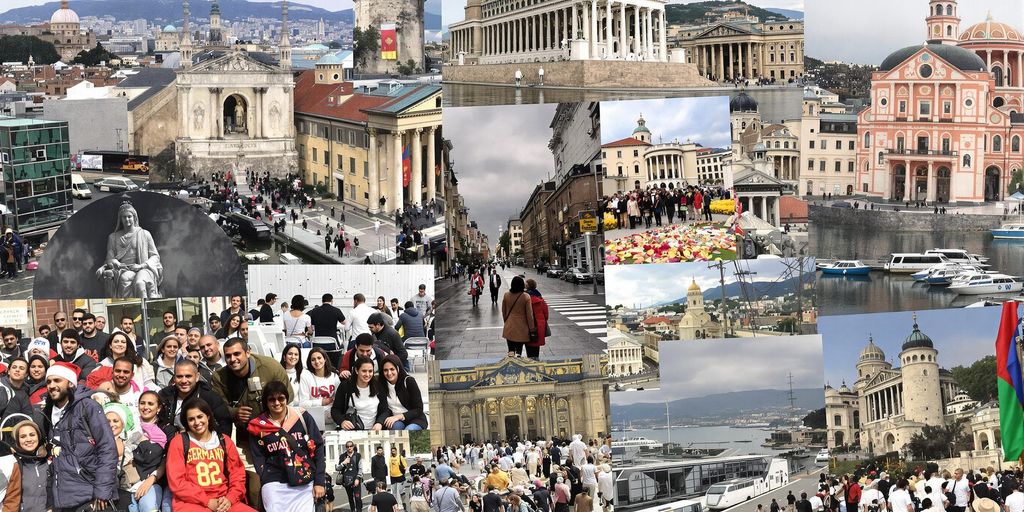In the lead-up to the upcoming elections in Germany, migration has emerged as the dominant topic, overshadowing other critical issues. This focus on migration not only reflects domestic concerns but also has significant implications for the Balkans, where many migrants originate. The political discourse surrounding migration is intensifying, with various parties taking starkly different stances on the issue.
Key Takeaways
- Migration has become the central issue in the German elections, affecting political dynamics.
- The rise of right-wing parties has shifted the narrative around migration, leading to fears among migrant communities.
- The situation in Germany has direct implications for the Balkans, where many migrants seek opportunities.
Migration Dominates German Elections
The upcoming elections in Germany are set to take place on February 630rd, with over 59 million citizens eligible to vote. In a country known for its political stability, the focus on migration has become unprecedented. Political figures from various parties are grappling with the implications of migration policies, as the far-right Alternative for Germany (AfD) party gains traction by advocating for stricter immigration controls.
The Impact on Migrant Communities
For many individuals with roots in the Balkans, the current political climate is unsettling. Tamara Denić, a young filmmaker of Bosnian descent, expresses her concerns about the potential for discrimination and the erosion of rights for migrants. The fear of being labeled a criminal for minor infractions looms large, as the narrative around migration becomes increasingly polarized.
Historical Context of Migration Policies
The historical context of migration in Germany reveals a complex relationship with the Balkans. The 1993 changes to asylum laws, aimed at curbing the influx of refugees from the region during the Yugoslav wars, have had lasting effects. These policies have shaped public perception and political discourse, leading to a resurgence of nationalist sentiments.
Political Responses and Future Implications
As the elections approach, political parties are presenting their visions for migration policy. The AfD’s calls for "remigration"—a term that has gained notoriety—reflect a growing sentiment among certain voter demographics. In contrast, other parties advocate for a more inclusive approach, emphasizing the need for skilled labor from the Balkans to support Germany’s economy.
The Role of the Balkans in Migration Trends
Migration from the Balkans to Germany has been a longstanding trend, with many individuals seeking better opportunities. Recent statistics indicate that thousands of migrants from Serbia, Kosovo, and Bosnia arrive in Germany annually, often facing challenges in integration and acceptance. The political climate in Germany directly influences these migration patterns, as policies shift in response to public sentiment.
Conclusion: A Crossroads for Germany and the Balkans
As Germany navigates its electoral landscape, the implications of migration policies will resonate beyond its borders. The relationship between Germany and the Balkans is at a critical juncture, with potential consequences for both regions. The outcome of the elections will not only shape Germany’s future but also impact the lives of countless individuals seeking a better life in Europe.






